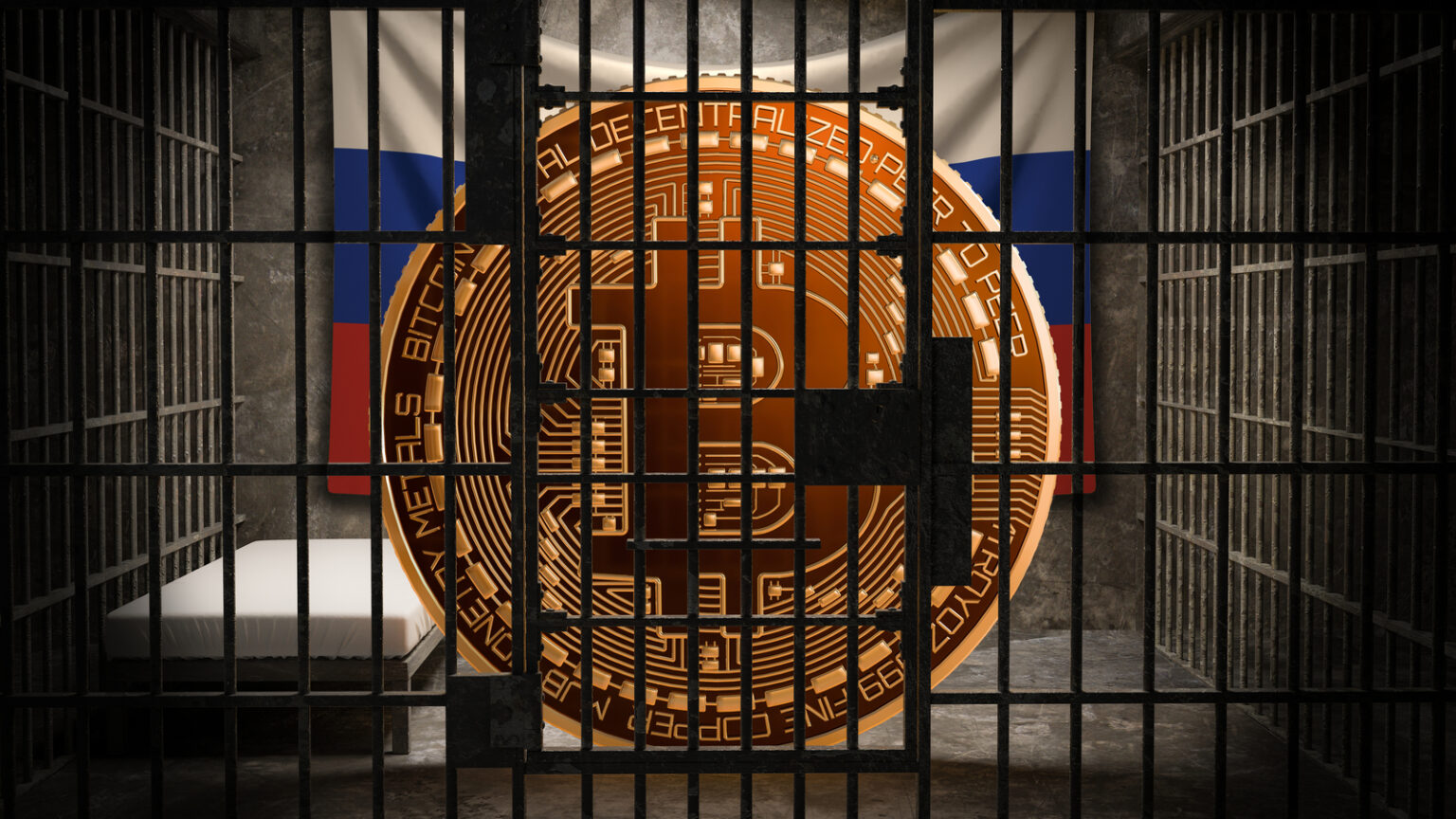The U.S. Treasury Department said that recent sanctions levelled against Russia will include checks on digital currencies, with effect from March 1st. The White House also warned major crypto exchanges against transacting with sanctioned entities.
In an executive order set to be formally published later in the day, the government states that it will take action against anybody bypassing sanctions against Russia, including through the use of digital currencies.
Separately, Bloomberg reported that the White House was asking major crypto exchanges to ensure that their platforms could not be used to dodge Russian sanctions.
The move comes amid growing concerns that Russia could use digital assets to bypass some of the strictest U.S. sanctions yet. The United States and its allies had last week blocked several Russian banks from the SWIFT transaction network, while also freezing their overseas assets.
This leaves Russians with little access to foreign exchange, which is bound to damage economic growth and further isolate the country. The new wave of sanctions is in retaliation to the Russian invasion of Ukraine, which saw fighting spill over in the capital Kyiv and surrounding areas.
Sanctions spur crypto rush
Crypto trading volumes in Russia were seen skyrocketing in the wake of the restrictions, while the ruble crashed against bitcoin and most other tokens.
With inflation set to surge in the country, the ruble is likely to lose more of its value, pushing Russian citizens to other alternatives. In Ukraine, amid a dropping hryvnia and a suspension of electronic cash transfers, citizens were seen using bitcoin and popular stablecoin tether.
Crypto adoption in Russia has been fairly robust, with the country holding about 12% of the global market. This has also fueled speculation over crypto being a potential path around sanctions.
Ukrainian ministers had called on major exchanges to completely block Russian users on that notion. But the move attracted criticism from the community, on the basis that it is against the de-politicized, decentralized nature of crypto.
Kraken, which has a major presence in Russia, said it would not do so unless legally obligated to. Binance said it would block entities sanctioned by the U.S. government, but not civilians.

